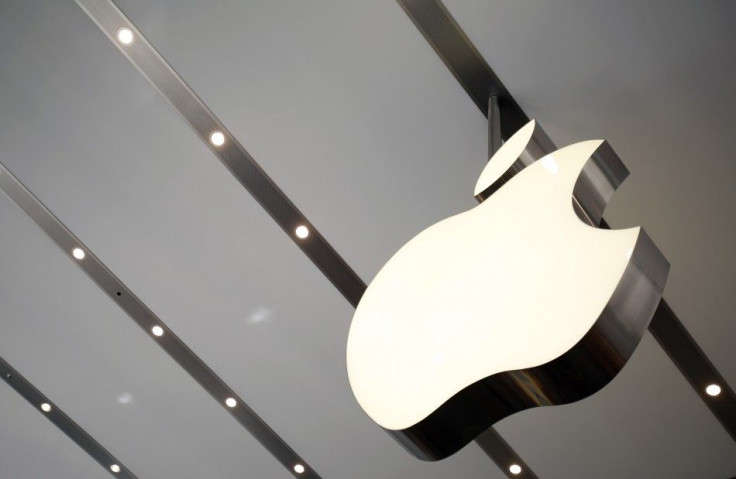The IBM and Apple Merger: Will it Spell Trouble to Rival Companies

July 15 marked the recent IBM and Apple merger, which apparently ended almost 30 years of rivalry between the two tech giants. It is important to note that both companies first earned their popularity as manufacturers of personal computers, before IBM decided to concentrate on business technology as computer service and software provider while Apple Inc. set aside massive production of its Mac computers and focused more on handheld devices.
Tim Cook - Apple's CEO, who's a former IBM official, and Virginia Rometty - IBM's CEO, see the partnership as a timely move. In a CNBC interview by Josh Lipton Cook has quoted, "It's landmark. It takes the best of Apple and the best of IBM and puts those together. There's no overlap, there's no competition. They're totally complementary. And more than anything, it focuses on the enterprise customer. So this is all about transforming enterprise. Reinventing the enterprise. Taking big-data analytics down to the fingertips of people so they can spend the time making complex decisions, not running around and getting data."
Despite the statement some analysts believe that these big names in the tech industry agreed to a merger prior to their scheduled revenue reports to cover-up their below-target end-of-quarter revenue expectations. The deal aims to combine the two companies' strength in able for them to curtail the 2Q14 success of Amazon, Google and Microsoft -- known cloud-service providers in the market today.
Remarkably, hours after the two chief officers have announced the deal, IBM spearheading the creation of business apps for industries such as banking, insurance and retail suitable for iOS-run devices and making other cloud services touching on analytics, device management and security while Apple slowly penetrates the enterprise market, the former company's shares increased by 2% while the latter's stocks in went up by 1.6%.
According to Directions on Microsoft's analysts, this merger has little or no straightforward impact on Apple and IBM's competitors, specifically on Microsoft. It might somewhat affect the company's goal of making its Windows-run tablets and phones reach more clients since IBM will now advertise Apple to its market. But apparently, there are several other business consultancy companies aside from IBM. Once, the business applications developed by Apple and IBM come out, Microsoft would definitely make a move to create competitive applications. By then MIcrosoft might need to answer a puzzling question, will it create apps for its own devices first or should the company prioritize an iOS -compatible app to match that of the competitor.
At this point, it is too early to say that the merger is an excellent venture for the two tech giants. But once IBM and Apple is able to pull-off the deal and their vision, it will definitely create a gigantic impact, analysts say.




















